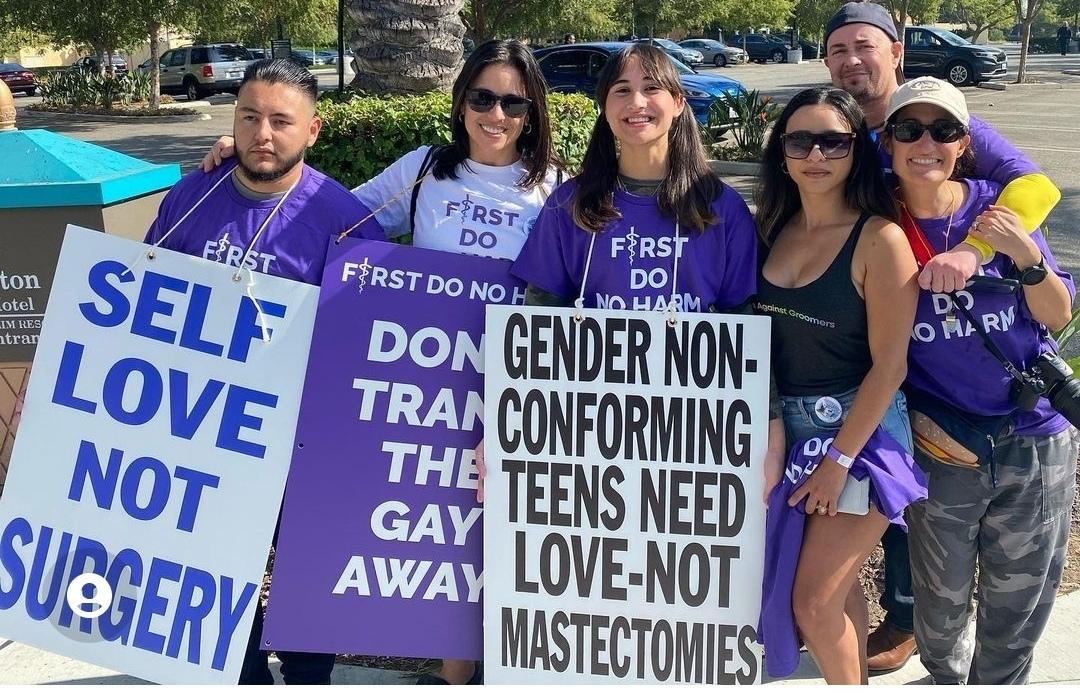Invasive and life-altering treatments for gender incongruence and gender dysphoria for children and young people must be characterized as “experimental” according to the latest recommendation from a Norwegian health care investigator.
Puberty delaying treatment along with hormonal and surgical gender affirmation treatments for minors require more research, “a thorough examination before treatment,” explanation of benefits, effects, possible risks, side effects, and a close follow-up, said Ukom, a health care investigator based in Norway that provides related recommendations to the Norwegian government.





